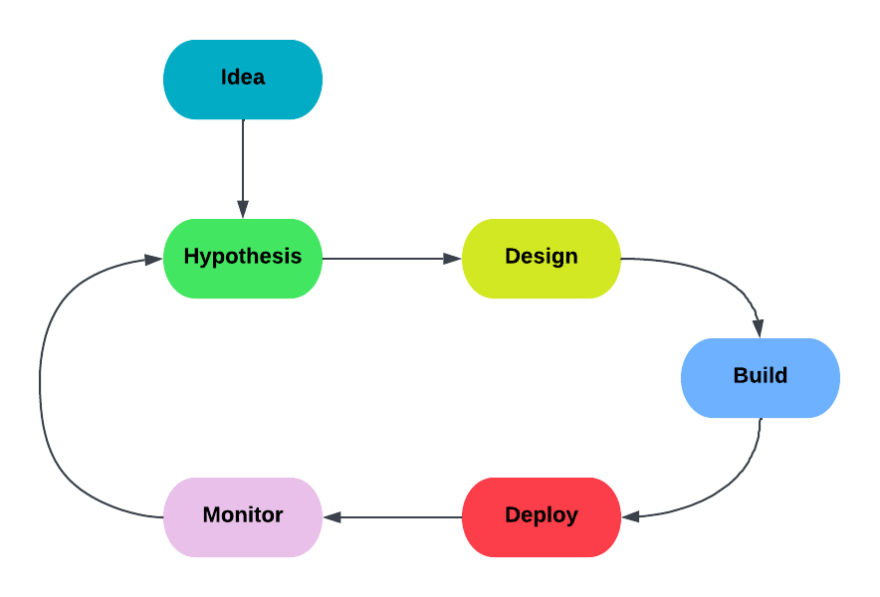dev-resources.site
for different kinds of informations.
9 Learnings from a fast-growing startup
I have been at Linktree for more than a year now as a Software Engineer (React Native) in the Mobile team. Linktree is a link in bio solution for creating micro-websites for small businesses and creators. It’s been growing at an average of 80% year on year and things have changed so much from the head count going from 100 to nearly 300 in 2022 to multiple re-organisations, a new office in Melbourne, rebranding and launching the mobile app which hit 2 million unique downloads within 6 months of release.
This is what I learned working at a fast-growing startup:
👊🏾 Impact
As a software engineer, I’ve learned that the key to success in this field is to not complain, but rather to adapt and deliver. This means being flexible and open to change, and always working to find solutions to problems that have the most impact on the end user.
🙎🏾♂️ People First
Focus on the customers that use the product every day. This means understanding their needs and wants, and building the right features that will make their lives easier. People like to get the most done with the least amount of effort, the focus is to get a task done with a few clicks or no clicks at all.
🛣️ Product development life-cycle
A common feature request first comes from an idea, first create a hypothesis on what problem you are solving for then design a solution for it before creating building and releasing it. Using metrics to measure the impact of a change on test subjects and if it goes well role it out to everyone.
🧑🏼✈️ Know your manager
A manager can make or break you, it’s important to take the time to know and understand how your manager ticks and what incentives drive them. Having a manager who is supportive and willing to help you grow and develop as an engineer is super important. On the other hand, a bad manager can make your job unbearable and make you want to move teams or even leave the company. The trick is to have a healthy dose of communication at least once a week talking about life and work.
🛠 Complexity
Over-engineering is easier than it looks. Sometimes it’s tempting to add more features or functionality than is necessary, but this can lead to a bloated and confusing product. It’s important to strike a balance between adding value and keeping things simple. Using the Keep It Simple Silly (KISS) principle usually works by breaking down things into smaller more manageable tasks.
🗂️ Domain-driven development
I’ve also found that domain-driven development works well for medium-sized companies. This approach involves breaking down a monolithic codebase into smaller, more manageable chunks, and building software that is specific to a particular domain or area of the business. The trend I have seen is organisations start with a monolith (literally everything in one spot), and then as they grow they begin to breakup the monolith into smaller micro-services.
🎯 Specialise
I believe that having a niche is a strength as a software engineer. By focusing on a specific area of expertise, you can become a subject matter expert (SME) in an area you can deliver the best results. I am hyper-focused on Mobile app development specifically using React Native and have gone on to train and equip web engineers on how to build on mobile apps.
🔬 Experimentation
Making data-driven decisions through metrics and experimentation has been key to my success. This means gathering data on how users are interacting with the app and using that data to inform decisions about what features to add, remove or refine. Experimenting is key to testing out your hypothesis. This means trying out new ideas and approaches, and learning from what works and what doesn’t.
Lastly, I’ve found that ideas are cheap, but the execution is super expensive. It’s important to have a clear vision and plan for how to execute your ideas and make them a reality. Also, understanding your manager’s incentives can help you navigate company politics and help you choose to work on projects with the most impact.
Featured ones:
